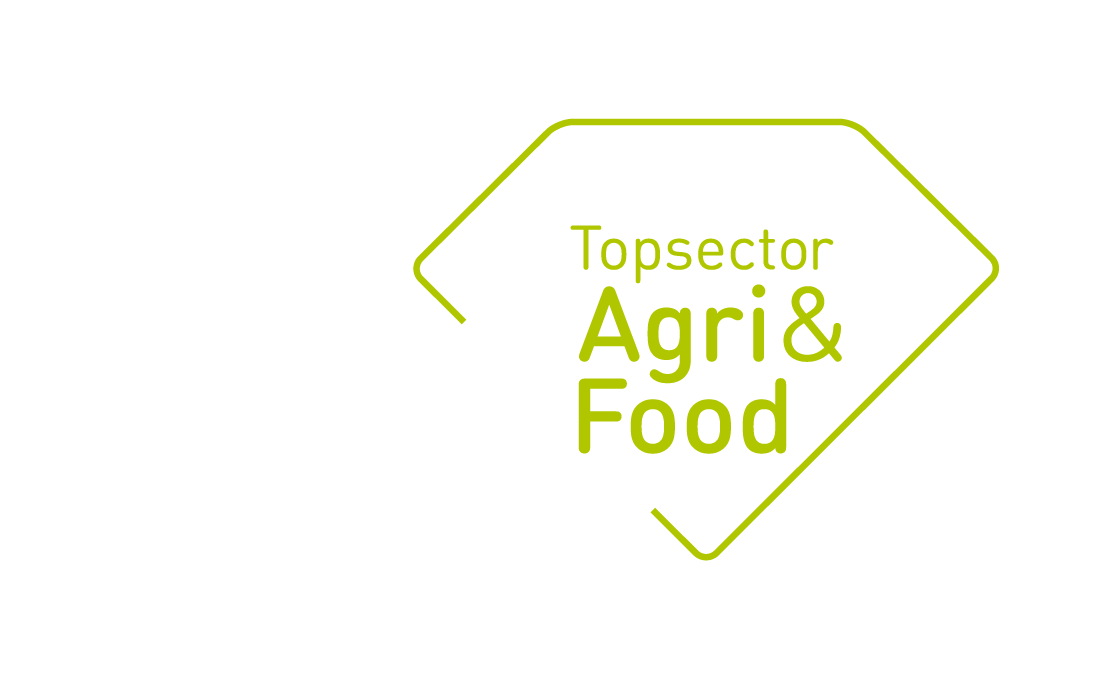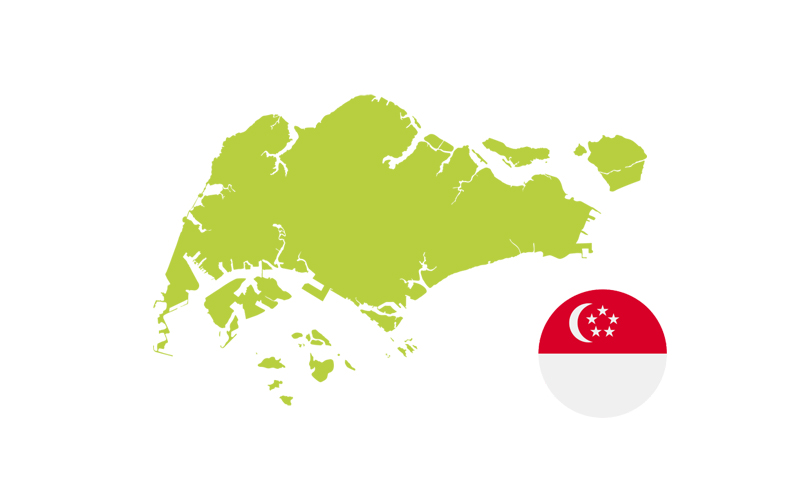Projecttitel: Circular Urban Farming
Projectnummer: SMP-23014
Land: Singapore
Looptijd: 2023
Budget: € 40.000
Projectleider: Willie van den Broek
Kennisinstelling: Wageningen University & Research
The economic crises in 2008 and the recent COVID period have had severe impact on the Singaporean food system, which is highly dependent on international trade. As a result, the Singaporean government have counteracted these trends by developing policy measures to become less dependent on international trade. This has resulted in a regulation to stimulate sustainable food production. In 2030, Singapore strives to produce 30% of its food locally. To accomplish this, Singapore started to invest in sustainable food production technologies that fit the local situation: high production efficiency for high quality and nutritious food but using limited space. These criteria can be met by Controlled Environmental Agriculture (CEA), such as vertical farming. This new food production system is entering its maturity stage, but innovation is needed to compete with produce from international trade. An important aspect of produce from a vertical farm is its demand for energy. Energy costs for CEA can be reduced by improving production efficiency or by producing additional energy. In the short term, the latter seems most practical since present technology allows new options to become more independent from the local energy grid.
Wageningen Research and AMS Institute have discussed a potential solution with Dutch industry that could lead to a viable business case for CEA in Singapore. Basically, the solution entails the collection of food waste from local meal providers who receive fresh produce in return. Firstly, food waste is collected and transformed into electricity via digestion. Secondly, the electricity is used to grow local produce demanded by the waste stream providers. Lastly, the produce is returned to the demanded locations and the cycle starts again. Such a solution doesn’t exist in Singapore, and thus an indication of a viable business case is needed for local implementation. Are local companies willing to invest in such a solution, what type of waste is required to significantly compensate for energy consumption, what is its quality and how can it be collected and is this solution sustainable?
The present Dutch industrial partners in this proposal are top leaders in their domain, cover the whole supply chain, but do not have the relevant local data and local network partners to develop a business case for CEA in Singapore. The researchers have recently visited 4 CEA farms in Singapore. As a consequence, this consortium will benefit from a Seed Money Project when combining expertise and network to retrieve the required technical data, develop a candidate solution in codesign with local CAE businesses and to construct the basics for an economically viable business case. This project will be the start of a follow-up project to solidify, test and demonstrate the new approach in Singapore. Therefore, the deliverable will be a proposal for a Topsector PPS cooperation in 2023. Further research in this PPS will focus on the sustainability aspect of the solution: extraction of both energy and nutrients from the same waste streams to allow circular CEA in Singapore.
Download here the final presentation
Deel dit bericht


